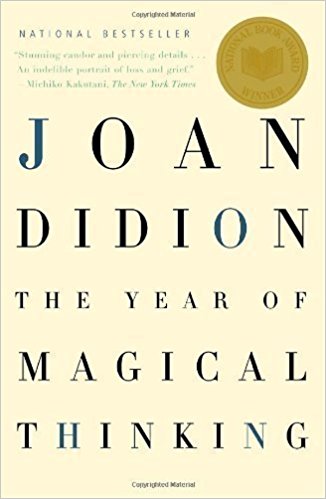Summary | Excerpt | Reading Guide | Reviews | Beyond the Book | Readalikes | Genres & Themes | Author Bio

John was talking, then he wasn't.
At one point in the seconds or minute before he stopped talking he had asked me if I had used single-malt Scotch for his second drink. I had said no, I used the same Scotch I had used for his first drink.
"Good," he had said. "I don't know why but I don't think you should mix them." At another point in those seconds or that minute he had been talking about why World War One was the critical event from which the entire rest of the twentieth century flowed.
I have no idea which subject we were on, the Scotch or World War One, at the instant he stopped talking.
I only remember looking up. His left hand was raised and he was slumped motionless. At first I thought he was making a failed joke, an attempt to make the difficulty of the day seem manageable.
I remember saying Don't do that.
When he did not respond my first thought was that he had started to eat and choked. I remember trying to lift him far enough from the back of the chair to give him the Heimlich. I remember the sense of his weight as he fell forward, first against the table, then to the floor. In the kitchen by the telephone I had taped a card with the New York–Presbyterian ambulance numbers. I had not taped the numbers by the telephone because I anticipated a moment like this. I had taped the numbers by the telephone in case someone in the building needed an ambulance.
Someone else.
I called one of the numbers. A dispatcher asked if he was breathing. I said Just
come. When the paramedics came I tried to tell them what had happened but before I could finish they had transformed the part of the living room where John lay into an emergency department. One of them (there were three, maybe four, even an hour later I could not have said) was talking to the hospital about the electrocardiogram they seemed already to be transmitting. Another was opening the first or second of what would be many syringes for injection. (Epinephrine? Lidocaine? Procainamide? The names came to mind but I had no idea from where.) I remember saying that he might have choked. This was dismissed with a finger swipe: the airway was clear. They seemed now to be using defibrillating paddles, an attempt to restore a rhythm. They got something that could have been a normal heartbeat (or I thought they did, we had all been silent, there was a sharp jump), then lost it, and started again.
"He's still fibbing," I remember the one on the telephone saying.
"V-fibbing," John's cardiologist said the next morning when he called from Nantucket.
"They would have said ‘V-fibbing.' V for ventricular."
Maybe they said "V-fibbing" and maybe they did not. Atrial fibrillation did not immediately or necessarily cause cardiac arrest. Ventricular did. Maybe ventricular was the given.
I remember trying to straighten out in my mind what would happen next. Since there was an ambulance crew in the living room, the next logical step would be going to the hospital. It occurred to me that the crew could decide very suddenly to go to the hospital and I would not be ready. I would not have in hand what I needed to take. I would waste time, get left behind. I found my handbag and a set of keys and a summary
John's doctor had made of his medical history. When I got back to the living room the paramedics were watching the computer monitor they had set up on the floor. I could not see the monitor so I watched their faces. I remember one glancing at the others. When the decision was made to move it happened very fast. I followed them to the elevator and asked if I could go with them. They said they were taking the gurney down first, I could go in the second ambulance. One of them waited with me for the elevator to come back up. By the time he and I got into the second ambulance the ambulance carrying the gurney was pulling away from the front of the building. The distance from our building to the part of New York–Presbyterian that used to be New York Hospital is six crosstown blocks. I have no memory of sirens. I have no memory of traffic. When we arrived at the emergency entrance to the hospital the gurney was already disappearing into the building. A man was waiting in the driveway. Everyone else in sight was wearing scrubs. He was not.
"Is this the wife," he said to the driver, then turned to me. "I'm your social
worker," he said, and I guess that is when I must have known.
Excerpted from The Year of Magical Thinking by Joan Didion Copyright © 2005 by Joan Didion. Excerpted by permission of Knopf, a division of Random House, Inc. All rights reserved. No part of this excerpt may be reproduced or reprinted without permission in writing from the publisher.
Discovery consists of seeing what everybody has seen and thinking what nobody has thought.
Click Here to find out who said this, as well as discovering other famous literary quotes!
Your guide toexceptional books
BookBrowse seeks out and recommends the best in contemporary fiction and nonfiction—books that not only engage and entertain but also deepen our understanding of ourselves and the world around us.